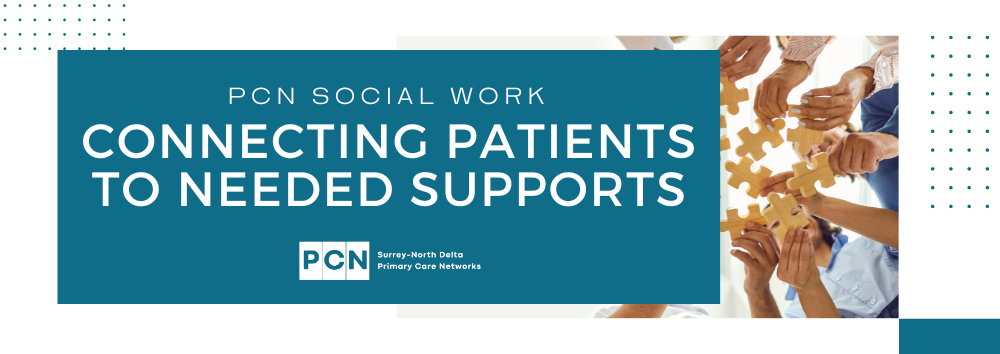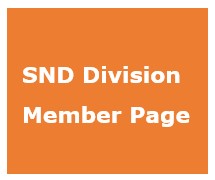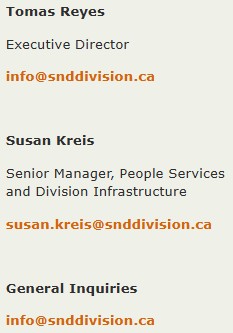PCN Social Worker Kiran Sahota Explains How

Street-entrenched individuals in need of shelter. Frail seniors who are unable to leave their homes to buy food and other necessities. When many of us think of social work, we think of people who have run out of options – those in obvious, profound need.
Social work in a primary care context has a different scope.
Have you ever encountered a patient whose health seemed to be impacted by life circumstances in addition to their medical realities? A senior who has recently become a caregiver to their spouse and is becoming burned out, or a parent who has lost their job recently and is experiencing anxiety about their financial situation, for example.
These are the kinds of situations for which the PCN Social Work program was designed.
We spoke with PCN Social Worker Kiran Sahota about how she works with Family Physicians to support their patients through social challenges that are impacting their wellbeing before those challenges become unmanageable.
"By providing timely and targeted interventions, I aim to enhance patient outcomes and alleviate some of the challenges faced by Family Physicians in managing complex cases."
-
What drew you to the SND PCN Social Work program?
I was initially drawn to the SND PCN Social Work program due to its innovative approach of integrating social work within primary care. I think this is a fascinating intersection that gives us the opportunity to address a wide spectrum of patient needs within their patient medical home. PCN recognizes the importance of that integration and acknowledges the multi-faceted nature of patients’ needs
I love working collaboratively with other health care professionals in a proactive manner. I think that this kind of preventative approach to identifying circumstances that impact patients’ overall wellbeing enables us to provide a better holistic care service for them by addressing gaps in the system.
-
How do you envision your role within a primary care "team”? How is it different from more traditional social work?
In traditional social work, interventions are more specialized. But within PCN, our social work interventions are broader in scope; they are brief, solution-focused and aim to prevent something bigger from happening.
My role involves working closely with Family Physicians, Nurse Practitioners, and other healthcare providers to address patients’ social determinants of health. This allows us to quickly catch issues – often observed during a visit to their FP or NP - before a person slips through the safety net of support services.
By providing timely and targeted interventions, I aim to enhance patient outcomes and alleviate some of the challenges faced by Family Physicians in managing complex cases.
-
What are some of the services PCN Social Workers offer?
We can help with a wide range of issues, especially in terms of connecting our clients with other supports that are available to them. In that way, we are like a base from which clients can navigate the system.
Some of our more popular services include psychosocial assessments, care coordination, crisis intervention, and assistance with navigating community resources.
Other services we provide include connections with legal or immigration services; support in filling out financial assistance or disability paperwork, including PWD and CPP forms; pharmacare applications, help accessing mobility equipment, and other health system navigation support; connections with seniors’ services; and many more.
We can also refer internally within the PCN allied health team.
-
What should Family Physicians and Nurse Practitioners look for when deciding whether or not a patient would benefit from a referral to the PCN Social Work program?
Any time a patient is experiencing health challenges for reasons that are more life-related than medical, it’s a good idea to send a referral, provided that patient is 19 or older.
Family Physicians can look for patients exhibiting complex social needs that impact their health outcomes. Signs to look for might include frequent visits for unexplained physical symptoms, medication non-compliance, repeated emergency room visits, or difficulty managing chronic conditions due to social or environmental factors.
When a patient has a care plan but they are having difficulty following through on things like accessing allied health providers, paying for their medication or completing necessary applications, this can also be an identifier.
Patients who seem unaware of the supports and services that are available to them might also greatly benefit from our services.
If a Family Physician or Nurse Practitioner has any inkling at all that a patient might need additional social supports, a PCN Social Worker can connect with that patient and determine if there are services available to them that might help.
-
How can MOAs help identify patients who might benefit from a PCN social work referral?
MOAs play a crucial role in seeing things that aren’t going to be captured in other areas because they have a unique relationship with the patients. For example, patients might express to an MOA that they are concerned about how to pay for a medication, or they might mention other life stressors in passing, such as job loss, isolation, childcare challenges or other difficulties.
If a patient is missing appointments more frequently, that could indicate a transportation challenge, and an MOA is going to see that happening. Similarly, if a patient’s visit pattern is altered, that could indicate they are experiencing difficulties.
MOAs might notice that a patient has no fixed address or is changing addresses frequently, which could indicate housing challenges.
All of these indicators are signs that a patient is struggling with their social determinants of health – aspects of life that aren’t necessarily medical, but that can impact health and wellbeing.
And MOAs are uniquely able to see these signs, sometimes in patients who aren’t even coming in for appointments.
-
Do you have any final words for our members?
If Family Physicians or MOAs have any questions for us, I hope they feel ok reaching out. I’m so thankful that we have Family Physicians, Nurse Practitioners and MOAs who are willing to work with us to provide more holistic care to patients. It’s a collaboration that leads to reduced stress on the health system because patient are being supported before they access emergency services, and better quality of life for patients.
Learn More about the PCN Social Work Program



